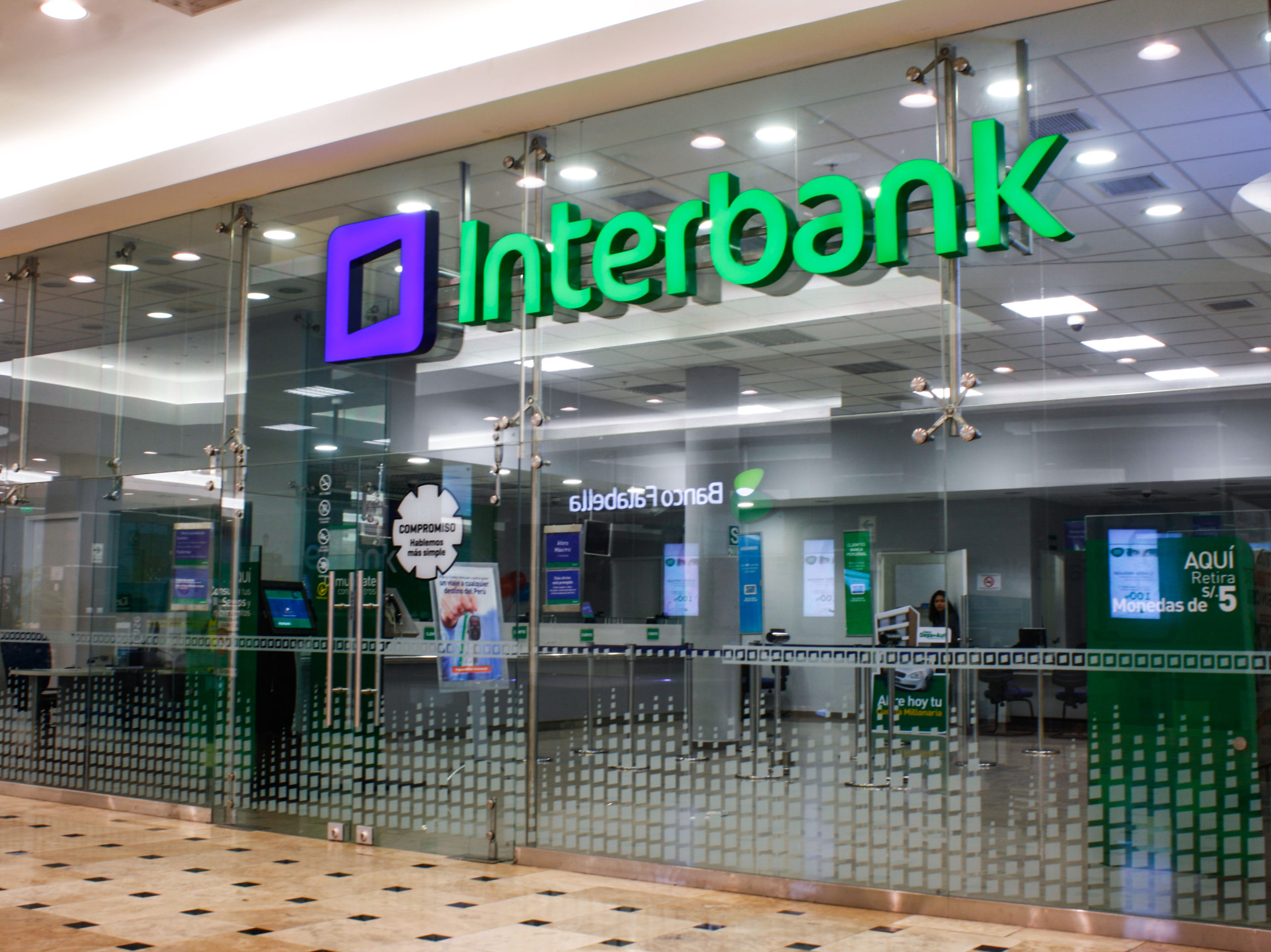- Exchange Rate Unification not Happening Soon, Say Analysts
The possibility of having a single exchange rate for the naira is not likely to be achieved any time soon, analysts at FBN Quest, the research arm of FBN Holdings have said.
Nigeria has at least, four exchange rates, which include one for Muslim pilgrims going to Saudi Arabia, another for oil marketers, rate for foreign travel and school fees, in addition to the official market rate.
The International Monetary Fund (IMF) has continually insisted that to ensure further stability in the foreign exchange market, Nigeria needed to unify her exchange rates. Nigeria had battled a currency crisis brought about by low oil prices, which tipped her economy into recession and created chronic dollar shortages.
According to a report released ahead of the Monetary Policy Committee (MPC) July meeting slated for next week, FBN Quest analysts said although one member of the committee called for the apex bank to pursue exchange rate convergence at different market segments, the possibility of realising the goal is slim.
“On the naira exchange rate, one member called for the CBN to pursue the convergence of the different segments of the market. Such a trend is not evident on NAFEX or from the CBN’s rate for preferential transactions (N305) although it could be discerned from the rates at the CBN’s wholesale auctions. We still do not see the unification of rates anytime soon,” they said.
The report titled: ‘A restatement of Caution’, analysed the personal statements of MPC members released last week by the apex bank and gave their verdict.
“The CBN last week released the personal statements arising from the last meeting of the monetary policy committee (MPC) in late May. Eight members of the committee voted for no change, and one for a hike in the policy rate of 50 basis points. We would have welcomed the start of easing but accept that the latest statements suggest otherwise. Their main concerns are that the macro-economy will be distorted by fiscal challenges and that the offshore portfolio community will rush for the door marked exit en masse,” the report stated.
On inflation, one member acknowledged that the policy rate was finally positive in real terms. Another noted that staff forecasts pointed to single-digit core inflation year-on-year in June.
“Those same forecasts see upward trending pressures in second half of 2018, which the committee explains in the context of fiscal developments: the late passage of the 2018 budget (signed off since the committee met), the expansionary nature of the N9.12 trillion budget, and the determination of the Federal Government of Nigeria to disburse undrawn capital releases from the 2017 budget before moving onto those projected for 2018. This is the single largest risk identified in the statements. Additionally, several members made the point that politicians generally inject cash into the economy ahead of Nigerian elections.
“In our view the MPC’s fears are overstated because projected FGN spending in 2018 is no more than eight per cent of forecast Gross Domestic Product, and, based on precedent and the late passage of the budget, is most unlikely to be released in full.As a broader point, we have examined the data for the run-up to the 2011 and 2015 elections, and have not found macro turmoil in the series for money supply, inflation and the public finances.”
One member was of the view that contractors should see the settlement of 40 per cent to 70 per cent of their arrears within the 2018 budget.
“Our expectation is that because of its stated concerns, the MPC will again make no change when it meets next week. Almost out of hope, however, we still see a rate cut by end-2018 and point to the statement in the communique that it would be prudent to analyse the national accounts for second in detail and assess the Federal Government of Nigeria’s fiscal stance once the 2018 budget had been approved before revising its own stance,”the report added.


 Forex4 weeks ago
Forex4 weeks ago
 Naira4 weeks ago
Naira4 weeks ago
 Billionaire Watch4 weeks ago
Billionaire Watch4 weeks ago



 Naira4 weeks ago
Naira4 weeks ago






 Naira3 weeks ago
Naira3 weeks ago


 Naira3 weeks ago
Naira3 weeks ago






 Naira3 weeks ago
Naira3 weeks ago
 Economy4 weeks ago
Economy4 weeks ago























